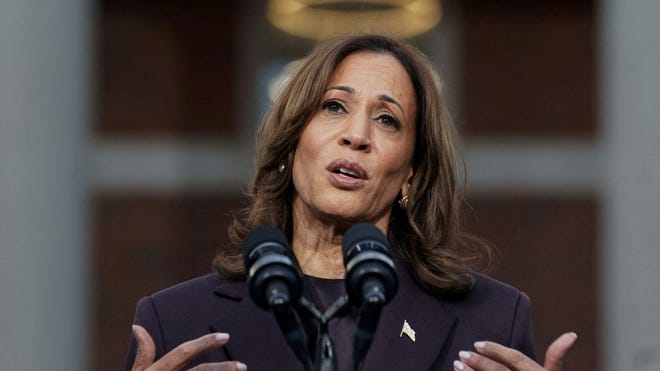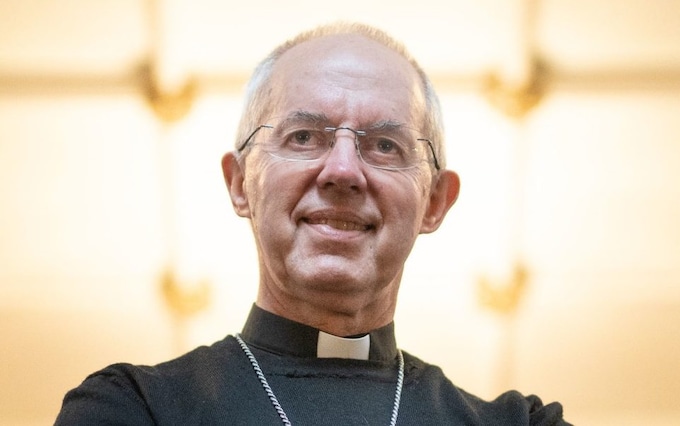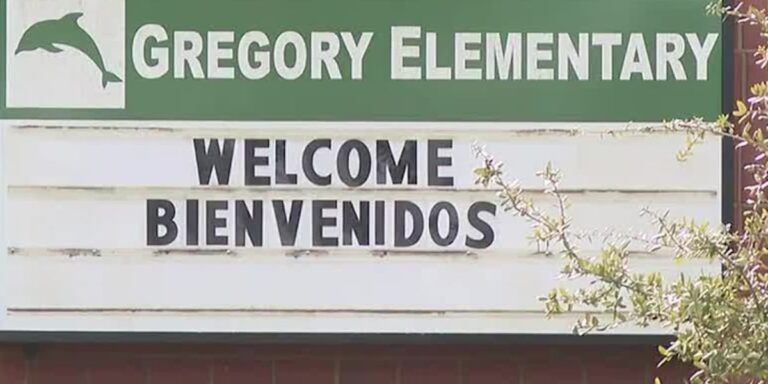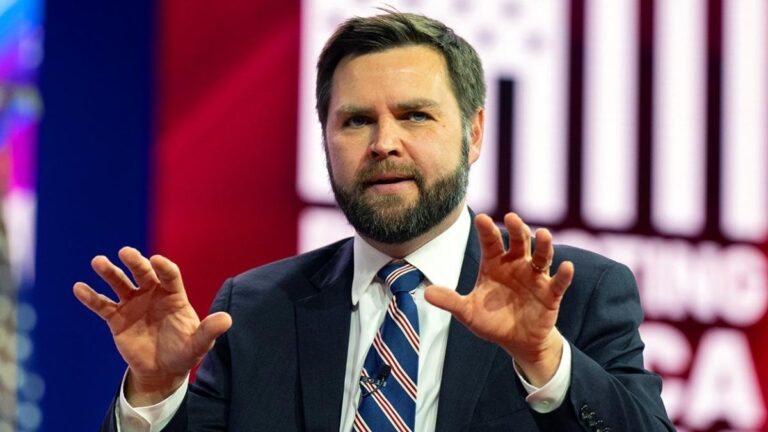Kamala Harris Campaign Faces Fact Check on Fabricated Post
Kamala Harris Campaign: Navigating Through Fact-Check Storms
In the ever-evolving world of politics, where information spreads faster than wildfire, one name has recently found itself in a heated debate: Kamala Harris. As the vice president of the United States, Harris’s public image and campaign strategies are often scrutinized. Recently, her campaign faced a notable challenge when it was accused of promoting a fabricated social media post, prompting an avalanche of fact-checks. This incident serves as a stark reminder of the volatile nature of social media in political discourse and the importance of distinguishing facts from misinformation. Let’s dive into the details surrounding this controversy, explore the implications, and examine how campaigns can better navigate the messy waters of digital communication.
The Incident: What Happened?
At the heart of this controversy lies a social media post that was purportedly shared by Kamala Harris’s campaign. The post claimed to highlight instances of bigotry and discrimination across various societal sectors. However, upon closer examination, fact-checkers found that many of the examples cited were either exaggerated or completely fabricated. This led to a wave of backlash, with critics seizing the opportunity to undermine Harris’s credibility.
Why is this significant? In today’s politically charged environment, even the slightest misstep can have lasting repercussions. For a significant political figure like Harris, who is often the target of both praise and criticism, the implications of a fabricated post can ripple through her political career, affecting voter perceptions and her campaign’s overall strategy.
The Role of Fact-Checking in Politics
Why Fact-Checking Matters
Fact-checking plays an essential role in contemporary politics. It acts as a gatekeeper for information and can protect the public from misinformation. When electoral campaigns hit the social media circuit, the stakes are incredibly high. A single false claim could:
- Distort public opinion
- Ignite public outrage
- Undermine political legitimacy
The rise of social media has introduced a double-edged sword in this arena. On one hand, it enables candidates to reach audiences directly. On the other, it opens the floodgates for misinformation to spread like a virus.
Who’s Watching?
As citizens, we are consumers of information, but have we considered who is watching the watchers? Fact-checkers serve as our trusted allies against misinformation. They sift through mountains of claims and pull back the curtain on the truth. In the case of Harris’s campaign, organizations dedicated to fact-checking swiftly took action. These watchdog entities dissected the claims and provided clarity, often re-establishing a sense of accountability among public figures.
The Political Implications of Misinformation
In a world dominated by tweets and posts, the need to control the narrative has never been greater. Let’s explore some of the political implications that arise from incidents like the one Harris faced:
1. Voter Trust Wanes
If there’s one thing that can drive a wedge between political figures and their constituents, it’s a loss of trust. Voters often feel deceived when they uncover fake posts. The moment they sense that they’re being manipulated, they may turn to other candidates who appear more transparent.
This can create a whirlwind effect, leading to a shift in public allegiance. A single false social media post can be the tipping point for voters still wavering in their support. The campaign’s reputation could suffer long after the incident passes, complicating future messaging.
2. Media Scrutiny Intensifies
The media plays a vital role in shaping narratives in political spheres. Once a candidate faces allegations of misinformation, scrutiny from media outlets increases. For Kamala Harris, the backlash surrounding the fabricated post undoubtedly attracted journalists who delved deeper into her campaign’s strategies, signaling the need for enhanced transparency.
This scrutiny can lead to more investigative reporting, resulting in a cycle where candidates must continuously defend their actions. The heightened focus can have both positive and negative effects, depending on how the candidate reacts.
3. Campaign Strategy Overhaul
In response to misinformation incidents, many campaigns reevaluate their strategies. Harris’s team will likely seek to bolster their fact-checking mechanisms and digital communication strategies to avoid future pitfalls. Enhanced training for team members on effective communication in a rapidly changing digital landscape may also become a priority.
But what might this look like? Consider the following approaches:
- Increased Transparency: Open channels of communication can foster an environment of trust.
- Fact-Checking Partnerships: Collaborating with independent fact-checkers ensures that the information disseminated is credible and reliable.
- Crisis Management Plans: Establishing plans ahead of time can prevent the campaign from faltering should another incident occur.
Navigating the Digital Landscape: Best Practices
With the digital atmosphere constantly changing, how can political campaigns successfully navigate this tricky environment? Here are some best practices for any campaign looking to thrive:
1. Establish a Strong Social Media Policy
Creating a robust social media policy lays the foundation for responsible digital engagement. This policy should encompass guidelines for content sharing, monitoring for misinformation, and methods for promoting transparency.
2. Emphasize Accuracy Over Speed
In the age of instant information, there’s often pressure to share news and updates as they happen. However, prioritizing accuracy over speed can prevent premature sharing of potentially damaging content.
A moment’s hesitation for fact-checking can save a campaign from engaging in a public relations nightmare.
3. Engage Proactively with Fact-Checkers
Having an open dialogue with fact-checking organizations can work wonders. Not only does it provide a safety net for your campaign, but it can also instill trust among constituents when they see that you are committed to accuracy.
4. Utilize Data Analytics
Harnessing the power of data allows campaigns to identify trends and voter sentiments. By analyzing feedback and engagement metrics, campaigns can develop targeted strategies that resonate with the electorate.
5. Encourage Dialogue and Feedback
Encouraging voters to share their thoughts and concerns fosters a sense of community. This engagement can build trust and loyalty among supporters, providing an invaluable resource when it comes to handling misinformation.
Conclusion
In a world where the lines between fact and fiction blur with every tweet and post, navigating the terrain of digital communication is a formidable task, especially for political figures like Kamala Harris. The recent incident surrounding her campaign and the fabricated social media post underscores the significance of fact-checking and the necessity of maintaining transparency. By implementing best practices and focusing on building voter trust, political campaigns can equip themselves to withstand the storms of misinformation.
As political landscapes continue to change, the lessons learned from challenges faced will always remain relevant. Freedom of speech carries responsibility, and it is up to both political figures and constituents alike to approach information with a discerning eye.
Frequently Asked Questions (FAQs)
1. What was the fabricated post about Kamala Harris’s campaign?
The post claimed to illustrate examples of bigotry and discrimination but contained misleading or false information.
2. Why is fact-checking critical in political campaigns?
Fact-checking ensures credibility, helps maintain voter trust, and prevents the spread of misinformation that can distort public perception.
3. How can campaigns prevent misinformation?
By establishing strong social media policies, prioritizing accuracy, and collaborating with fact-checkers, campaigns can mitigate the risk of misinformation.
4. What are the long-term effects of misinformation on a campaign?
Misinformation can lead to diminished voter trust, increased media scrutiny, and potential changes in campaign strategies.
5. What steps can voters take to verify information?
Voters should always cross-reference claims with reputable fact-checking organizations and consult multiple sources before forming opinions on political matters.







